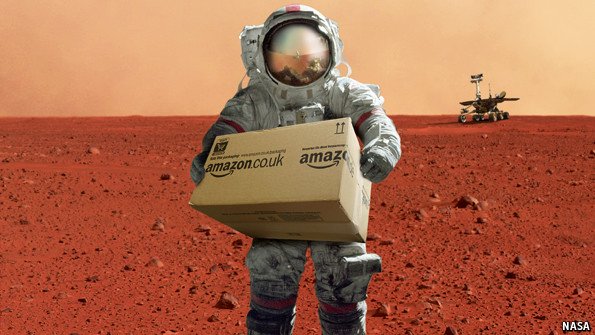Retails Year That Was And What Will Be
New York based retail futurist Howard Saunders talks about the year that was in retail, and some predictions for 2017. Which retailers flourished in 2016? I believe 2016 was a year of clarity, of realisation. Retail spaces

New York based retail futurist Howard Saunders talks about the year that was in retail, and some predictions for 2017.
Which retailers flourished in 2016?
I believe 2016 was a year of clarity, of realisation. Retail spaces have been desperately trying to ‘compete’ with online retail with half-hearted attempts at transitional concepts, such as omnichannel. The fog has lifted. If you want ‘stuff’ then the internet is where you go. But if you want to experience community, social connection and, yes, FUN, then there’s no place better than the real world. So, the retail spaces that have flourished are the food markets, the big brand experiences and the places that encourage a sense of community.
Mood?
2016 has been the moodiest year I can remember. What with Brexit and Trump and the increase in random acts of terrorism, its seems to me that most people have been clenching their teeth all year. I do believe, however, that such pessimism is unfounded. As customers we have learned to face the D word (disruption) and even to welcome it. Retail, too, must learn to embrace not just technological change, but changes in attitude. A new era of populist democracy is spreading across the world and we must learn to see the opportunities it holds.
Favourite cities?
I have witnessed some wonderfully heart-warming retail regeneration in places as widely dispersed as Detroit, San Francisco, Hamburg, Sydney and, of course, Auckland. A couple of weeks ago I was in Warsaw and saw the same thing there: the rise of artisan, independent retail and restaurants and the rebirth of the grand central market hall. It’s so clear what our cities need and slowly but surely it is happening.
Issues for 2017?
Well, I’ve said it. Retailers must understand that if they don’t offer us a unique experience or any sense of belonging, then we will order it online. Everything you need can be sitting in a brown paper parcel by your front door, probably within the hour if you need it that badly. In one word I would ask retailers to think of their stores as ‘clubs’ as opposed to ‘stores’. Then ask yourself why your customers will want to be members, what are the benefits, etc. If it’s just convenience and price, then you could be in trouble.
Predictions?
Well, the biggest game-changer that’s just been announced is Amazon Go. The Uber model for retail is here. You can legally shoplift, literally ‘grab and go’ and this just drives up the binary nature of retail further: stuff versus fun, that’s the choice now. If you can’t compete with the Amazon model then you’d better start making your stores worthwhile to visit. That means having intelligent experts in hospitality, not transaction based staff. So, retail will become much more clearly binary and staff will be much more hospitable! See, the future may be scary but somehow it always turns out just fine.
 English
English





